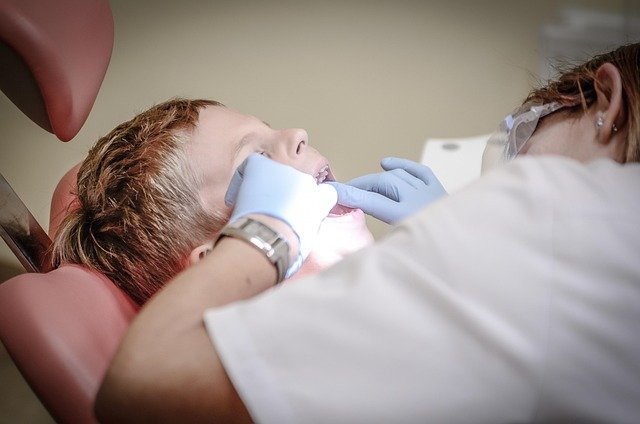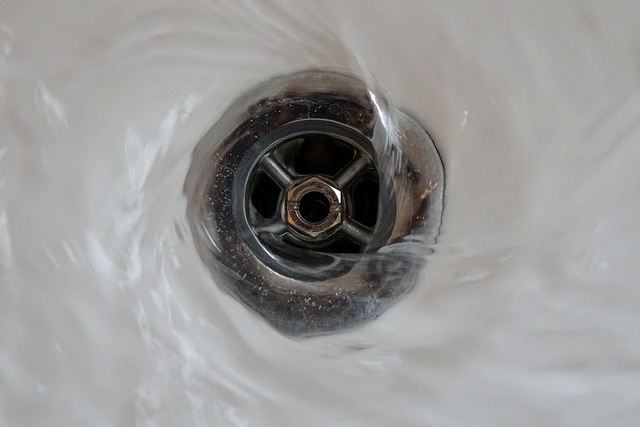Dental Implant Costs Across Australia 2025: What to Expect
Dental implants have become an increasingly popular solution for Australians dealing with missing teeth, offering a permanent and natural-looking alternative to dentures or bridges. As we move through 2025, understanding the financial investment required for this procedure is essential for anyone considering this treatment. From initial consultations to the final crown placement, the costs can vary significantly depending on location, practitioner experience, and individual dental needs. This guide breaks down what you can expect to pay across Australia and the factors that influence these prices.

Missing teeth can affect more than just your appearance—they impact your ability to eat comfortably, speak clearly, and maintain confidence in social situations. Dental implants provide a long-term solution that mimics the function and appearance of natural teeth, making them an attractive option for many Australians.
Why More Australians Are Choosing Dental Implants
Dental implants have gained popularity due to their durability and natural feel compared to traditional dentures. Unlike removable prosthetics, implants are surgically placed into the jawbone, where they fuse with the bone over time through a process called osseointegration. This creates a stable foundation for replacement teeth that can last decades with proper care. Many patients appreciate that implants don’t require alteration of adjacent healthy teeth, as bridges do, and they help preserve jawbone density by stimulating bone growth. The convenience of not needing to remove and clean dentures daily also appeals to those seeking a more permanent solution.
Average Dental Implant Costs Nationwide
The cost of dental implants in Australia varies considerably based on several factors, but general price ranges can help you budget accordingly. A single dental implant typically ranges from $3,000 to $6,500, though this can fluctuate depending on your location and the complexity of your case. Metropolitan areas like Sydney and Melbourne tend to have higher prices than regional centers, reflecting differences in overhead costs and demand. Multiple implants or full-mouth restoration can range from $15,000 to $50,000 or more, depending on the number of implants needed and whether additional procedures like bone grafting are required. These figures represent estimates based on current market conditions and should be verified with individual dental practices.
| Procedure Type | Number of Implants | Cost Estimation (AUD) |
|---|---|---|
| Single Tooth Implant | 1 | $3,000 - $6,500 |
| Multiple Implants | 2-4 | $6,000 - $20,000 |
| Full Arch Restoration | 4-8 per arch | $15,000 - $30,000 |
| Complete Full-Mouth | 8-12 total | $30,000 - $50,000+ |
Prices, rates, or cost estimates mentioned in this article are based on the latest available information but may change over time. Independent research is advised before making financial decisions.
Factors Influencing Dental Implant Costs
Several elements contribute to the final price you’ll pay for dental implants. The type of implant system used can affect costs, with premium brands often commanding higher prices due to their research, development, and proven track records. The experience and qualifications of your dental surgeon also play a role—specialists with advanced training in implantology may charge more than general dentists performing the procedure. Geographic location significantly impacts pricing, as practices in major cities face higher rent, staffing, and operational expenses. The condition of your jawbone matters too; if you require bone grafting or sinus lifts to prepare the site for implantation, this adds both time and expense to the overall treatment. Finally, the materials used for the crown—whether porcelain, zirconia, or other options—will influence the final cost.
Beyond the Procedure: Other Costs to Consider
When budgeting for dental implants, remember that the quoted implant cost may not include everything. Initial consultations and diagnostic imaging, such as CT scans or X-rays, can add $200 to $500 to your total expenses. Temporary crowns or dentures worn during the healing period may cost an additional $300 to $800. If you need tooth extractions before implant placement, expect to pay $150 to $400 per tooth. Bone grafting procedures, when necessary, typically range from $300 to $3,000 depending on the extent of grafting required. Post-operative medications and follow-up appointments should also be factored into your budget. Some dental practices offer package pricing that bundles these services together, which can provide better value than paying for each component separately.
Insurance Coverage and Payment Options
Most private health insurance policies in Australia provide limited coverage for dental implants, as they’re often classified as major dental work. Depending on your level of cover, you might receive rebates ranging from $500 to $2,000 per implant, though waiting periods and annual limits apply. It’s worth reviewing your policy details or contacting your insurer to understand what portion of the treatment might be covered. Many dental practices offer payment plans that allow you to spread the cost over several months or years, making the treatment more accessible. Some providers work with third-party financing companies that offer interest-free periods or low-interest loans specifically for dental procedures. Discussing these options with your dental practice during the initial consultation can help you find a payment arrangement that suits your financial situation.
Final Thoughts: Planning for a Confident Smile
Investing in dental implants represents a significant financial commitment, but for many Australians, the benefits of restored function, improved appearance, and enhanced quality of life make it worthwhile. Costs can vary widely based on individual circumstances, location, and treatment complexity, so obtaining detailed quotes from multiple practitioners is advisable. During consultations, ask for itemized breakdowns that specify what’s included in the quoted price and what additional costs might arise. Consider the long-term value of implants compared to alternatives that may need replacement or adjustment over time. With proper planning, research, and realistic expectations about costs, you can make an informed decision about whether dental implants are the right choice for your dental health and budget. Taking the time to explore your options and understand the financial aspects will help ensure you’re prepared for this investment in your oral health.




